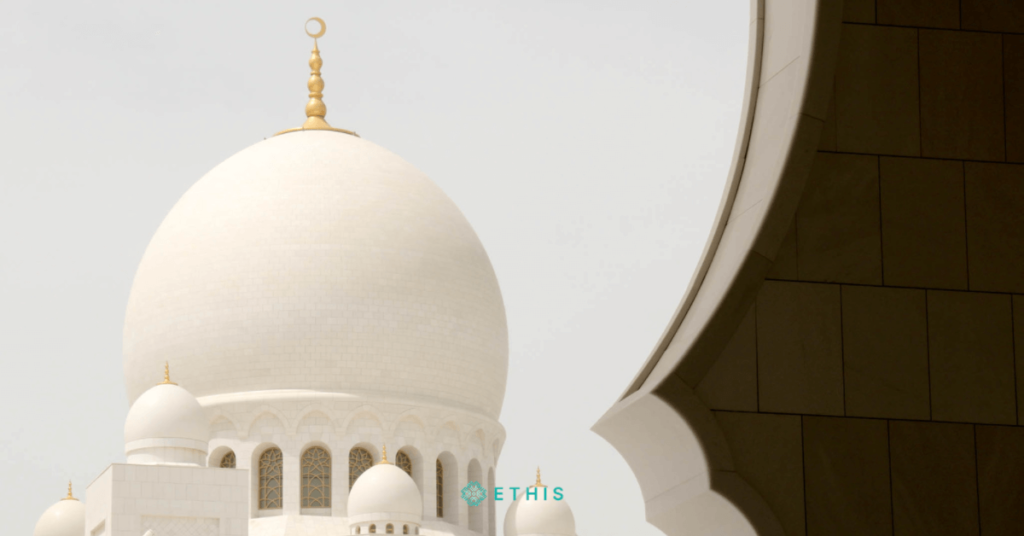
An Interview with Mufti Ismail Ebrahim, CEO and Chairman of Global Islamic Financial Services Firm (GIFS)
Q: As a shariah scholar, how would you assess the success of shariah screening of the products and services Islamic banks and financial institutions offer?
A: The success of the shariah products is largely dependent on the criticality and independence of the shariah auditors of the financial solutions. The current methodology with shariah board members reviewing their own solutions and operations of the same bank is incoherent with current governance practice.
Also the issue of AAIOFI being adopted in different institutions as a mandatory law has created conflicts with the existing implementation of shariah law by shariah boards. Overall we have made progress yet we do require more externalisation of the shariah audit function to create objectivity and impartiality.


Q: It is said that Islamic banks and Islamic financial institutions are only as good as their shariah boards because the boards are the ones that give legitimacy by ensuring Shariah compliance and maintaining trust in the eyes of customers. Have there been instances of Islamic banks or Islamic financial institutions differing with their shariah boards or prominent Shariah scholars to push non-compliant products or instruments?
A: The issue of independence is critical to the overall innovation and puritanical alignment of shariah law with existing shariah solutions in the market.



The scholars should ideally be fully independent and issue rulings based on the actual product itself without being directly remunerated by the specific bank. Certain borderline products are sometimes issued which are not fully endorsed by the Shariah board.
Q: What are the major issues Shariah scholars have to grapple with today, especially in a context where Islamic banks and Islamic financial institutions may want greater leeway in going for controversial contracts like Tawarruq or Bay al-wafa where there is no unanimous agreement among the scholars?
A: The major issues include the concept of independence in light of the evident conflicts of interest and the issue of high costs for banks that have only limited access to a limited number of scholars.
Q: Besides the internal shariah audit, do you think there is a need for an external Shariah audit as well?
A: Yes this is critical for the innovative growth of the sector to re-align the sector with the original mechanisms of shariah finance.
Q: Going forward, what do you think the main challenges would be for the Shariah scholars of the future?
A: The main challenges remain adaptability with modern trends such as fintech/blockchain, remaining independent and keeping with innovative growth while remaining true to the original precepts of the Shariah law.
Read more 18 Financial Habits to Develop for Better Money Management





Top Posts
Islamic P2P Crowdfunding Explained
Halal Money Matters: How Muslims Can Balance Deen and Dunya with Smart Islamic Finance
Halal Investments for Singapore Muslims? It’s time for a shake-up in the Islamic Investments scene.
Smart investment for making Halal money
3 Reasons Why Property Crowdfunding is the Smart Investment for You